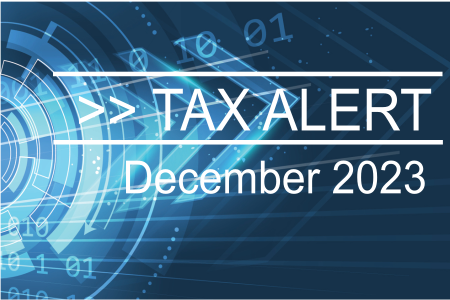The new financial year offers an opportunity for taking an ‘out with the old, in the new’ approach, making a fresh start in relation to your financial affairs, it’s also a good opportunity to re-examine other aspects of your life.

This is a particularly good idea if the New Year’s resolutions you made in January have fallen by the wayside over the past few months. If that’s the case, you’re certainly not alone. In fact research by the Journal of Clinical Psychology reported that around 54% of people who resolved to change their ways, failed to make the transformation last beyond six months.i
Imagine if you could change your habits, so you did not have to rely on willpower alone ever again?
Willpower is not enough
We all tend to think that willpower is the key to achieving success, that sheer determination will get us to our goals. Certainly the will to succeed is a critical component, but research has shown us that people who score high on self-control are successful, not because of their superior willpower, but because they have better systems in place for forming new habits to meet their goals.ii
Start small
So how do you get started? Why not start with an incredibly small habit and build from there. Set your timer to 15 minutes and spend the time on a task you have been putting off. Why just 15 minutes? It’s too small a goal to fail at. It may take a few days to complete the task but you will get there eventually and have the satisfaction of ticking off that annoying task that’s been on your ‘do list’ for ages.
Do it… again and again and again
New habits take time to form. The most common timeframe is 21 days to make a new habit, and the key to forming a habit is repeating the action, over and over again until it becomes increasingly effortless. To that end, it’s important to allocate the necessary time to support your new habit.
Another good tip to help you commit to the new habit is to “anchor” the habit to your existing routine in some way. Make those sales calls, or do some other task that takes a bit of effort, straight after your morning coffee every day and you won’t be tempted to put it on the back burner.
Aim for incremental improvement
While it is certainly important to ‘dream big’, it is equally important to have a series of milestones in place when it comes to those lofty goals.
If you are aiming for a certain figure in terms of your businesses revenue, make sure to have some incremental steps in place in the form of monthly sales targets and a solid sales and marketing plan to help you get there.
Put some processes in place
It’s helpful to think about implementing processes to support the habits and behaviours you want to put into place. These processes can provide a solid foundation, enabling you to progress towards your end goal.
If you are wanting to change your saving and spending behaviour to work towards a longer term retirement savings goal, you may wish to consider setting up a salary sacrificing arrangement, in order to build your nest egg while you go about your day-to-day.
Breaking bad habits
It’s not just establishing good habits that you need to focus on, we often have a few bad habits preventing us from reaching our end goal. The key to breaking bad habits is replacing them with good ones.
If you are prone to procrastination and it’s interfering with your productivity, get into the habit of scheduling time for those things you tend to put off and setting alarms or prompts to give you that extra push you need to get you started.
Speaking of pushes, here is your prompt to have a think right now about what you need to put into place to foster good habits and set yourself up for success this financial year.
i https://pubmed.ncbi.nlm.nih.gov/11920693/
ii https://behavioralscientist.org/good-habits-bad-habits-a-conversation-with-wendy-wood/
Did you enjoy this article?
Click below to share it
More News Articles

What the 2025 Federal Budget Means for you
Treasurer Jim Chalmers’ fourth federal budget
was just announced

Retirement Planning: It’s Not all About the Money
Retirement is often a massive life change for the majority of people who experience it

FBT – How Fringe Benefits Tax Works
FBT is separate to income tax. It’s calculated on the taxable value of the fringe benefit

Tax Alert December 2023
The ATO is getting back to business with it’s lenient approach during the pandemic over, it’s focus now is returning to traditional debt collection

How a Super Recontribution Strategy Could Improve Your Tax Position
The main reason for implementing a recontribution strategy is to reduce the taxable component of your super and increase the tax-free component

Rental investor? How to Get Your Tax Return Right
Extra care is needed when lodging returns with rentals
Connect Through our Socials
While you may have come to us from a variety of sources, the time has never been better to join us.
Connect through out socials to keep up to date with our latest news and get some tips.




